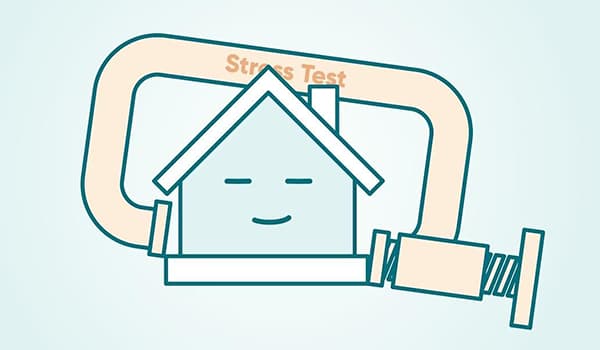Mortgage Broker vs. Bank: Best Choice for Your Home Loan

Are you on the fence about getting a mortgage from a bank or broker? Well, we should inform you that they each have their perks and drawbacks, and you should choose one based on your circumstances. The guidelines here will rid you of the mortgage broker vs bank dilemma. Let’s find out which one best serves your interests.
Understanding the Difference: Bank vs Mortgage Broker
The big difference between a mortgage broker and a bank is that the mortgage broker kind of takes care of things for you, but in the case of the bank, you should personally get involved in the process of getting the mortgage. Put differently, mortgage brokers act like middlemen (charging you a fee), while banks are direct lenders (no broker fees).
Moreover, an independent mortgage broker works with various lenders and introduces the best lender to you based on your financial circumstances. On the contrary, the bank only offers the mortgage services of their company, and you would have to go to different banks to learn their terms and conditions and find the best bank.
Pros and Cons of Using a Mortgage Broker

Let’s sort out what services you’ll get and what you would give up in a mortgage broker.
Pros and Cons of Using a Bank

Banks can offer excellent mortgage services given that you’ve worked with them for a long time and your financial records are shiny. However, the service is not perfect, as you can see in the table below.
Bank vs. Mortgage Broker: How to Choose the Right Option?
After everything, it’s up to you to turn to a bank or broker for your mortgage needs. These guidelines can help you make the final decision.
- If you have an above-average steady income with good financial records, it’s feasible to cut the intermediary and go straight to the main lender, i.e., the bank.
- If you can’t afford the time or lack financial knowledge, the broker can be a real lifesaver.
- If you prefer to be entirely involved in the process and know what’s going on in every step, a bank is the better alternative. However, if you’re not a person of bureaucracy, a mortgage broker is a wiser choice.
- If your financial situation is complex and your credit score is low, you don’t have a chance of getting a mortgage from a bank, but a broker is more flexible and can offer services suited to your situation
Mortgage Broker or Bank: Real-World Scenarios
In real-world scenarios, you can find home buyers who have chosen either of the mortgage providers, and they have their reasons. For instance, Pearl York, a pro-broker home buyer, wrote on Quora, “A mortgage broker offered me a better overall deal than I could get going to the lender directly.” However, she also mentions that she got a great deal thanks to her “excellent credit score.”
On the other hand, taking a broker manager’s advice on choosing a prime or alternative lender, the borrower can get better rates by going directly to the bank, but you should also keep in mind that banks have stricter terms and conditions for mortgage services. That being said, it is best to consult 2 or 3 lending institutes and discuss your situation to figure out what’s best for you, especially if you’re a first-time home buyer.
Recent Trends in Bank vs. Mortgage Broker Lending
In recent years, the shares of banks and brokers in the mortgage market have gone through significant changes. While Canada’s “Big Six” banks continue to dominate the mortgage market, mortgage brokers have managed to take up more than 47% of the market throughout this Canadian mortgage market evolution. This shows that more and more home buyers are turning to non-traditional lenders like mortgage brokers and credit unions for their mortgage needs.
The fierce competition between traditional lenders and alternative lenders is actually a good thing for borrowers because it means they have more choices. However, just as your options increase, you should make more of an effort to identify the best choice that saves you more money.
Conclusion
As soon as you make up your mind to apply for a mortgage, you find yourself surrounded by different lenders, and it’s a real hassle to choose a mortgage broker or bank for a home loan. But after everything, you should choose a lender based on your financial background. If your financial records are strong, you’ll get a better mortgage plan in the bank. However, if your credit score is low or you lack a stable income, mortgage brokers are the wise choice.
- In this post:
- Understanding the Difference: Bank vs Mortgage Broker
- Pros and Cons of Using a Mortgage Broker
- Pros and Cons of Using a Bank
- Bank vs. Mortgage Broker: How to Choose the Right Option?
- Mortgage Broker or Bank: Real-World Scenarios
- Recent Trends in Bank vs. Mortgage Broker Lending
- Conclusion



